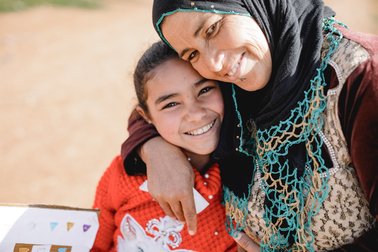Knowledge Hub
-
12/20/2024
Applying systems theory to global mental health
In recent years the evidence base for psychological interventions in low- and -middle-income countries (LMIC) has rapidly accrued, demonstrating that task-shifting models result in desired outcomes. Next, it is important to look at how this evidence translates into practice. In doing so, this paper argues that the field of global mental health might benefit from applying a system theory or system science perspective.
Read more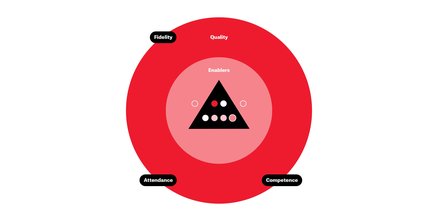
-
01/01/2025
Competency-based training and supervision: development of the WHO-UNICEF Ensuring Quality in Psychosocial and Mental Health Care (EQUIP) initiative
Globally, there has not been a standardised approach to ensure that the growing number of people who are not licensed clinicians but are delivering psychological interventions and mental health services have the competencies to deliver those interventions and services safely. Therefore, WHO and UNICEF developed Ensuring Quality in Psychosocial and Mental Health Care (EQUIP). EQUIP is a free resource with a digital platform that can be used to guide competency assessment. This paper describes EQUIP's 5-year development (2018–23) and the rationale supporting its contents and use.
Read more
-
02/01/2025
Coaching-observing-reflecting-engaging: An intervention for the development of teacher wellbeing
Support to improve teacher wellbeing is scarce in almost all contexts, but especially so in low- and middle-income settings in which teachers face both professional and personal challenges (Kirk and Winthrop 2007; Mendenhall, Gomez, and Varni 2018). This field note discusses the development of Coaching-Observing-Reflecting-Engaging (CORE) for Teachers, an intervention that focuses on improving teachers’ wellbeing.
Read more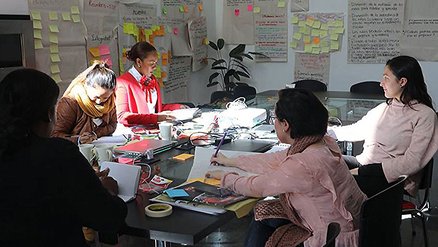
-
07/02/2025
Predicting Long-Term Student Outcomes from Short-Term EdTech Log Data
Educational stakeholders are often particularly interested in sparse, delayed student outcomes, like end-of-year statewide exams. The rare occurrence of such assessments makes it harder to identify students likely to fail such assessments, as well as making it slow for researchers and educators to be able to assess the effectiveness of particular educational tools. Prior work has primarily focused on using logs from students full usage (e.g. year-long) of an educational product to predict outcomes, or considered predictive accuracy using a few minutes to predict outcomes after a short (e.g. 1 hour) session. In contrast, this study investigates machine learning predictors using students’ logs during their first few hours of usage can provide useful predictive insight into those students’ end-of-school year external assessment.
Read more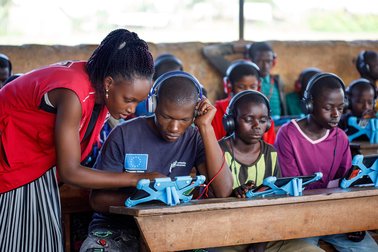
-
10/01/2025
Protocol for a mixed-methods effectiveness evaluation of the community-led child protection approach (Seeds) in La Guajira, Colombia
Globally, an estimated one billion children experience violence every year. The prevalence of violence is anticipated to be higher in low-and middle-income countries and particularly in humanitarian contexts. Colombia faces a protracted humanitarian crisis. It is affected by long-lasting internal conflict, high levels of community violence, the climate crisis, and migration due to the political crisis in Venezuela. The aim of this mixed-methods study is to evaluate the effectiveness of a community-led child protection approach (Seeds) in La Guajira, Colombia.
Read more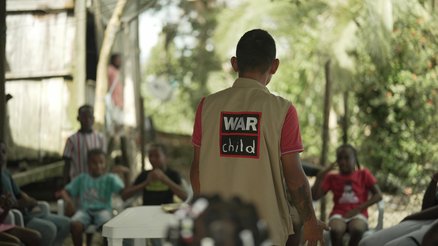
-
01/02/2019
Improving access to evidence-based interventions for young adolescents: Early Adolescent Skills for Emotions (EASE)
Access to effective psychological interventions for adolescents is essential to promote healthy development into adulthood. EASE is a brief, transdiagnostic intervention that aims to mitigate symptoms of emotional distress in young adolescents. If proven effective, it can potentially be scaled-up in many settings. The effectiveness of EASE is currently being tested through randomized controlled trials in Lebanon, Jordan, Pakistan and Tanzania.
Read more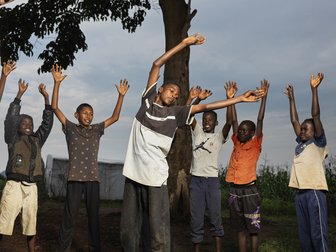
-
04/29/2019
A Systematic Review of the Evidence for Family and Parenting Interventions in Low- and Middle-Income Countries: Child and Youth Mental Health Outcomes
This review presents evidence for family and parent-focused interventions on mental health outcomes for children and youth in low and middle-income countries (LMIC) and identifies treatment components present in promising interventions.
Read more